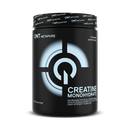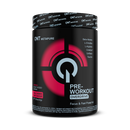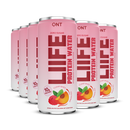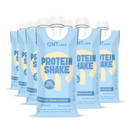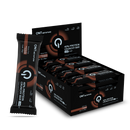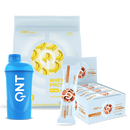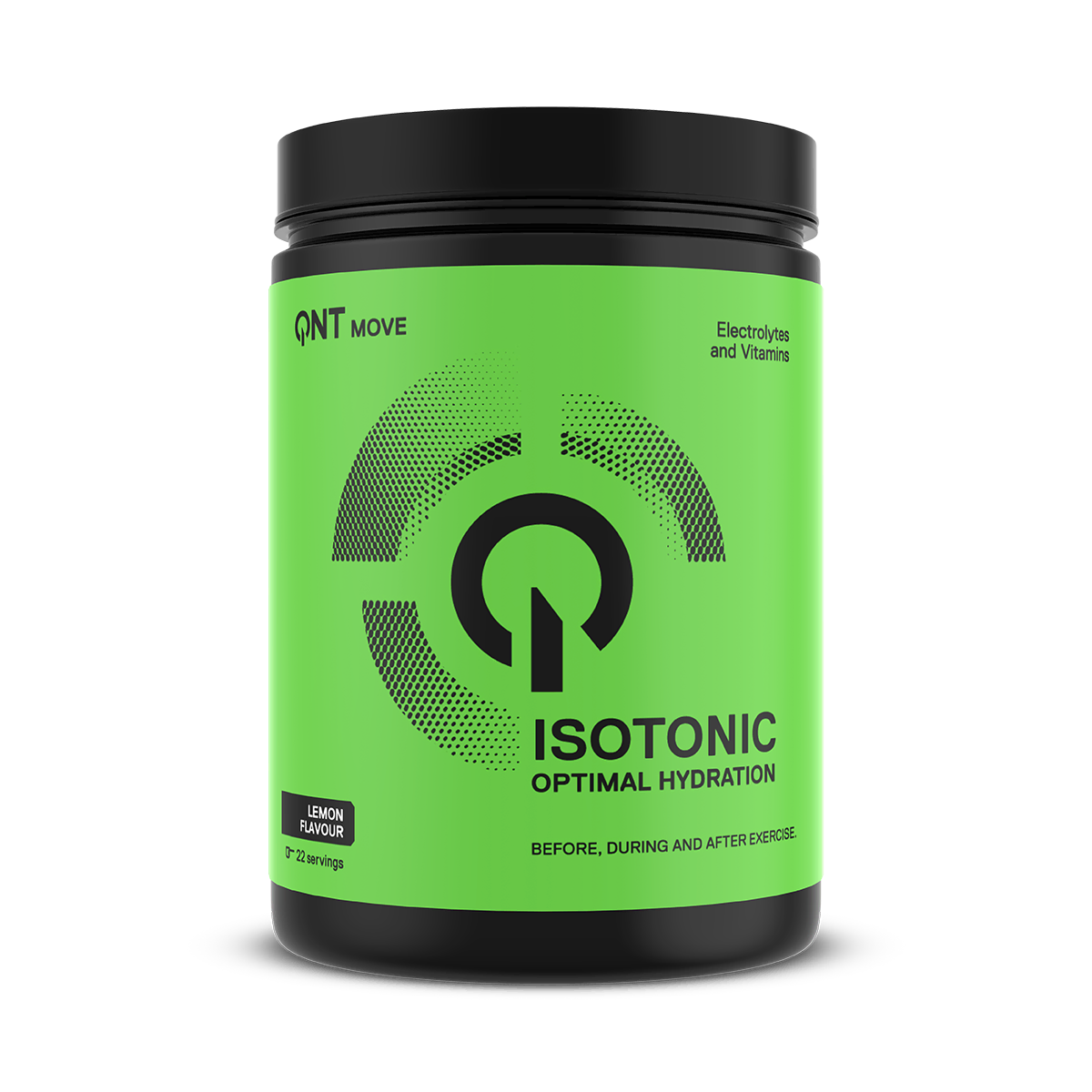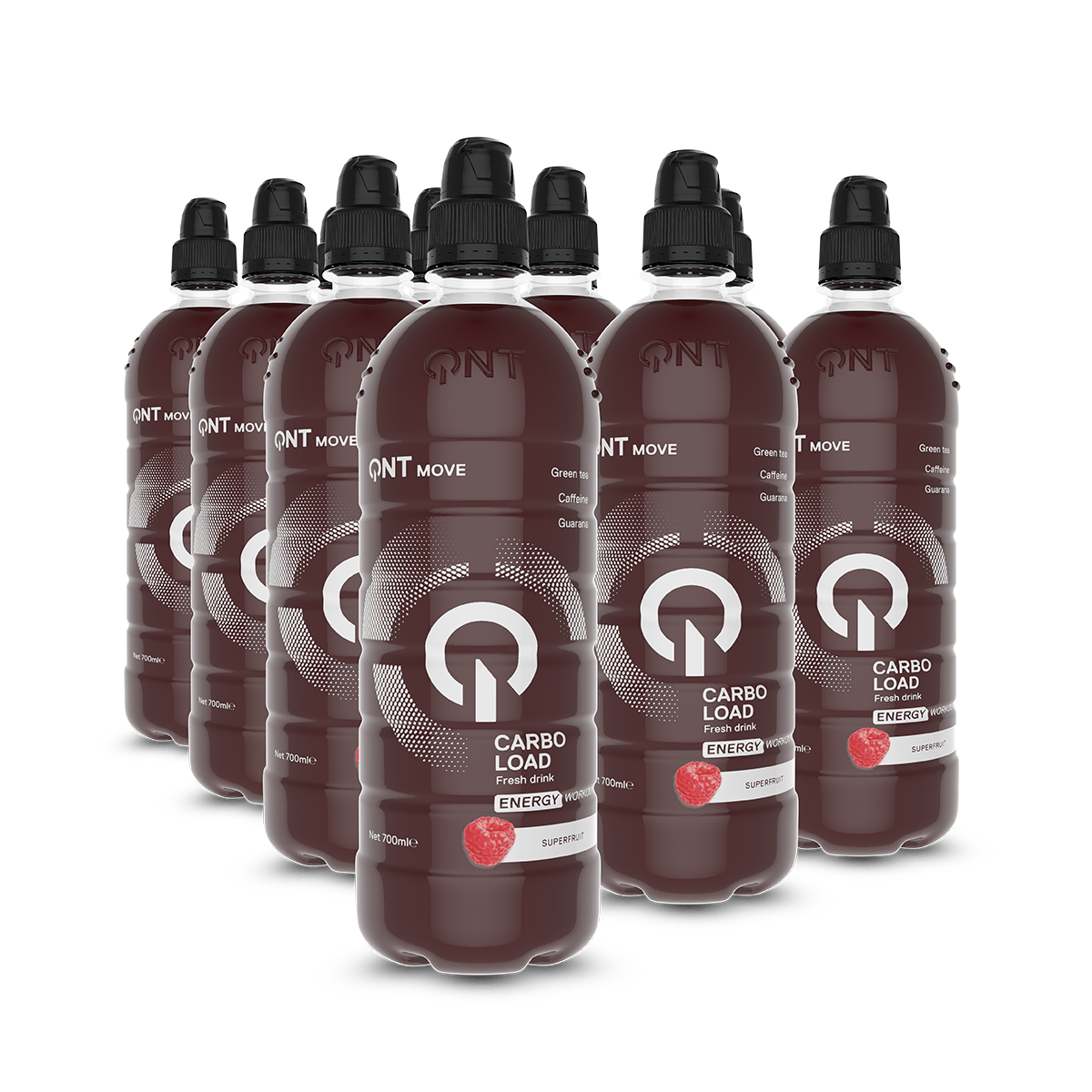Endurance is a long-duration effort. Depending on the length of the activity, it is important to replenish available energy to continue without hitting a wall.
In the long term, endurance is an aerobic effort, meaning that muscles use as much oxygen as the heart and lungs can supply. Aerobic exercise increases the body’s oxygen consumption, which accelerates breathing and heart rate. This type of exercise works the heart, lungs, and circulatory system, helping to keep them healthy and improving cardiorespiratory fitness.
Low-intensity efforts lasting more than 20 minutes primarily draw energy from fat, but if the pace increases, some quick sugars may be needed to sustain performance. At QNT, products like Energy Powder and Carbo Load provide an energy boost during long, intense efforts. Energel Quick Boost also supplies sugar and guarana.
Additionally, in endurance sports, carrying excess body weight is more taxing. It’s advantageous to avoid weight gain during the year to remain fit and perform well.
Calorie restriction can be useful, but an endurance diet must remain complete:
- Proteins: Sufficient intake is crucial since long distances can reduce muscle mass. Muscles should remain strong, enduring, and functional.
- Carbohydrates: Include slow-digesting carbs like rice, whole-grain bread, or pasta. Quick sugars after training help the body recover faster. Within 90 minutes post-workout, sugars are directed to replenish muscle glycogen rather than being stored as fat.
- Meal Frequency: Eating 5–6 balanced meals per day is ideal for endurance athletes. Caloric needs depend on genetics, body type, and training intensity.
Competition Nutrition:
- The day before an event, increase carbohydrates, reduce daily protein intake to 10%, increase carbs to 70%, and fats to 20%.
- On race day, increase protein to 15%, reduce carbs to 60%, and increase fats to 25%. This ensures adequate nutrients are available to sustain performance.
Hydration is critical in endurance. Both throughout the year and during competition, regular hydration is essential. Long-duration efforts demand more water and over longer periods than shorter efforts.
Finally, extended activity depletes trace elements, minerals, and vitamins. Supplementing with vitamins and minerals is therefore essential to maintain proper body function and avoid fatigue or other health issues.




